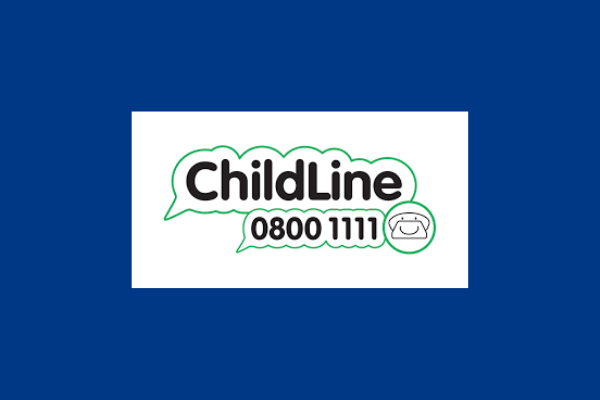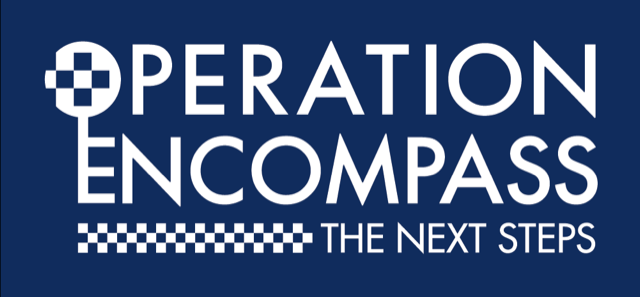|
Many of our students love their smartphones, gaming, social networking and using the Internet. These technologies are wonderful innovations and can be the source of almost unlimited information. Many of us find it almost impossible to live without them in some way or another. If used properly, these technologies both entertain us and make our lives easier. The downside, however, is the very nature of the "unlimited information" side of the Internet therefore making it a very dangerous place if access is not managed properly. Please find below links to websites which gives plenty of information to help you and your family avoid accessing anything which may put you or your child at risk. Useful links: CEOP - Child Exploitation and Online Protection command Online Safety Advice From the NSPCC Here at LSA, Online safety is embedded in our school curriculum. This includes Computing, Personal Development and assemblies. We also have a group of students who are online ambassadors. I meet with these students regularly and they help to convey online safety messages to their peers and support developments in this area.
We encourage you to talk with your son or daughter about the potential danger of the Internet. Ask if they have an account with, Facebook, Twitter, TikTok, Snapchat, or similar Web sites. Many online games, popular with younger children also have the facility for ‘live chat’ which is a worry. Do to this I have written a guide to the most popular apps used by teens to help provide you with information to help promote healthy online use. You can find a link to this below.
Online safety Guide
If you have any concerns in regards to online safety, please get in touch. I can be reached on karen.hagenaars@lythamhigh.org We encourage young people, in upsetting situations regarding social media, the following:
|
|
Online Safety Letter |
|
Our Online Safety related policies can be viewed here: LSA Online Safety Documents |
|
| Other useful advice and guidance for parents/carers and young people are available from these organisations. Parents/carers are recommended to access this information so that you are informed and supported in keeping your children and young people safe online. |
|
|
|
|
|
|
|
|
|
|
|
|
Internet Matters
|
|
|
|
|
|
|
|
Online Radicalisation - Parent/Carer Information and SupportOnline Radicalisation |
|
Online Safety Advice for Parents/CarersOnline Safety Advice |
|
|
|
|
|
Safer recruitment consortium“guidance for safe working practice”, which may help ensure staff behaviour policies are robust and effective |
|
|
|
|
|
|
|
|
|
|
|
|
|
|
|
|
|
|
Useful PDFs from National Online Safety |
.png)
.png)

.png)






















